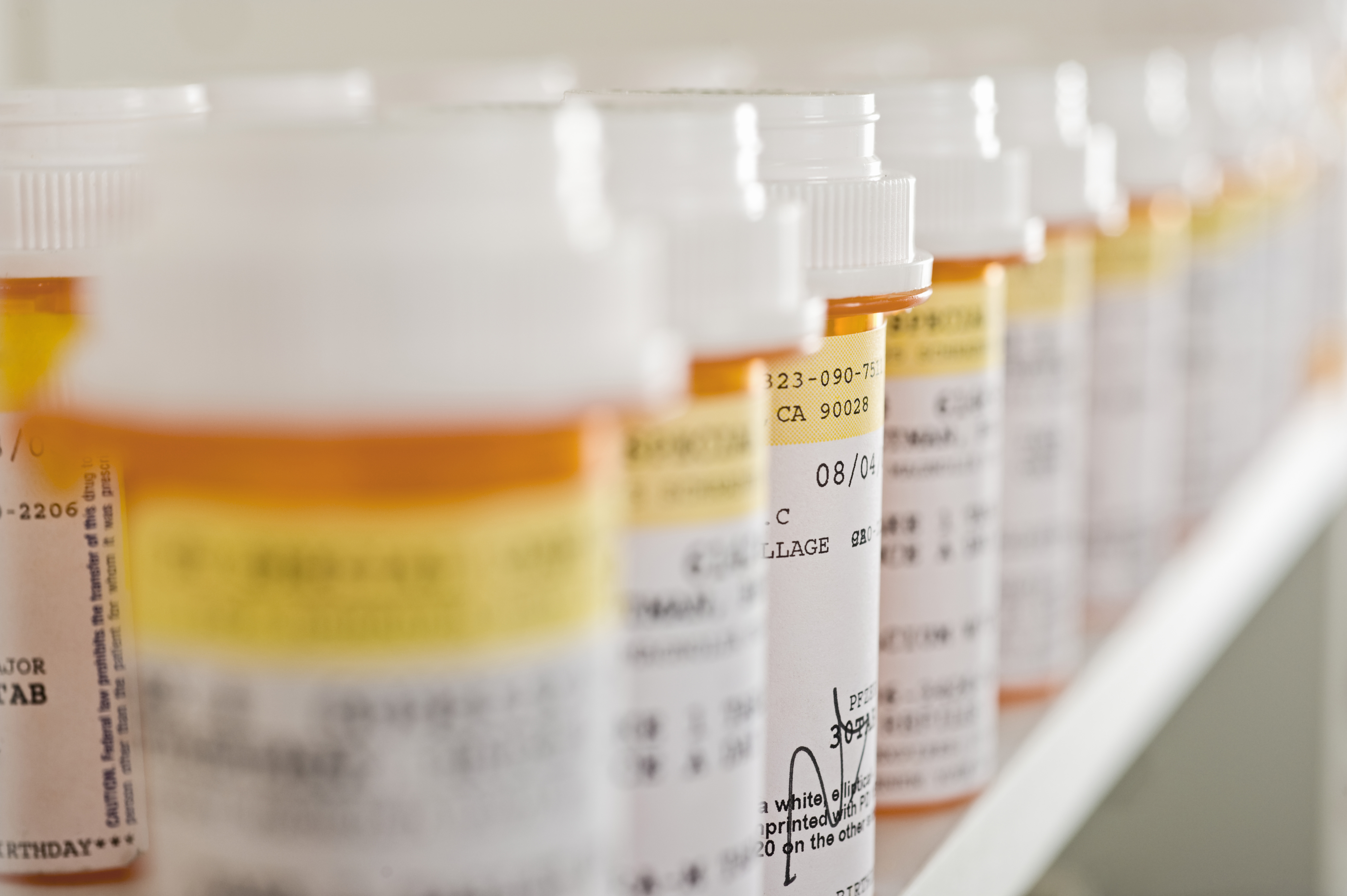The Milan Section of the UPC Central Division Opens Its Doors
“If the Milan Central Division will have competence over the validity/declaration of non-infringements of basic patents irrespective of whether they are subject to an SPC, then Milan could still play a decisive role in ruling on important pharma cases.”
UPC Milan (IT) Local Division
Nearly a year has passed since the Administrative Committee’s Decision on June 26, 2023, amending the Unified Patent Court Agreement (UPCA) to move the London Section of the Central Division of the Unified Patent Court (UPC) of First Instance to Milan and to reallocate its competences between the Seat (Paris) and the two Sections of the Central Division (Munich and Milan), thereby aligning the UPCA with the consequences of Brexit.
Since the Decision took effect 12 months after its adoption, the Milan Section opened its doors on June 27, 2024. Three high-level judges have been selected for the Milan Section: Mr. Andrea Postiglione, Ms. Anna-Lena Klein and Ms. Marije Knijff.
Mr. Andrea Postiglione served as a judge in the IP Section of the Court of Rome for almost a decade, handling intellectual property cases in all areas, including several patent matters in the pharmaceutical sector. He will take an oath in open court on June 21, 2024.
Ms. Anna-Lena Klein is a judge at the Regional Court of Munich and has worked on a wide range of patent cases. For example, she was on a panel of judges deciding a pharmaceutical case where patent rights on an orphan biological medicinal product were enforced alongside regulatory market exclusivity.
Ms. Marije Knijff is a judge at the District Court of The Hague, focusing on patent litigation. She recently decided a long-running dispute over heart-valve technology.
Competencies
According to the amended version of the UPCA (see, in particular, Annex II of the UPCA), the competences of the former London Section have been reallocated as follows:
- Milan Section: IPC section A (human necessities, without Supplementary Protection Certificates (SPCs)).
- Paris Seat: IPC sections B (performing operations, transporting), D (textiles, paper), E (fixed constructions), G (physics), H (electricity), and all SPCs, regardless of whether the relevant medicinal product falls under section A or section C.
- Munich Section: IPC sections C (chemistry, metallurgy, excluding SPCs) and F (mechanical engineering, lighting, heating, weapons, blasting).
Therefore, the Milan Section is competent for patents pertaining to section A (“Human necessities”) of the International Patent Classification (IPC), excluding Supplementary Protection Certificates which remain under the competence of the Paris Seat.
Section A of the IPC includes many different technological fields, namely agriculture (also including foresting, fishing, animal husbandry), foodstuffs (e.g. baking, butchering, food processing) and tobacco (e.g. cigars, cigarettes, smoking devices), personal or domestic articles (e.g. wearing apparel, headwear, footwear, haberdashery, jewellery, hand or traveling articles, furniture, and domestic articles or appliances, such as for example beverage-making machines, etc.), health and amusement (e.g. drugs, medical devices, diagnostic tools, cosmetic or toiletry preparations, sports & gaming, etc.).
It is interesting to note that section A is not limited to pharmaceutical patents but encompasses rights related to additional and diverse sectors, including agriculture, food products, tobacco, sanitary and medical-veterinary articles, household items, sports, and toys.
This varied range of subjects offers to Italy a unique opportunity to consolidate its leadership position in various industrial sectors on one hand, and to venture into partially unexplored patent sectors on the other, becoming a reference point for disputes involving new technologies. Particularly promising is the potential to attract cases related to innovative food products and processes, such as those connected to the production of synthetic meat, disputes concerning medical devices, or technologies for household cleaning, which are increasingly being entrusted to advanced devices.
According to the last update on the case load of the UPC (dated end of May 2024), Paris has been by far the busier of the two formerly available Central Divisions, receiving 35 revocation actions, 1 infringement action and 1 action for a declaration of non-infringement, while Munich has only received four revocation actions.
Interestingly, the statistics show that the vast majority of the revocation (i.e. validity) actions – for which the Central Division is indeed competent – involve patents falling under section A of the IPC which are expected to be dealt with by the Milan Section after its opening.
Pharma Patents with No SPC
Even if Milan will have competence over patents classified under IPC Section A, including pharmaceuticals and medical devices, jurisdiction over patents with Supplementary Protection Certificates (SPCs) will remain in Paris.
Since most of the marketed pharmaceuticals have SPCs, it will be interesting to see how the wording used in amended Annex II for the reallocation of the competences to Milan (i.e. “Human necessities, without Supplementary protection certificates”) will be interpreted.
Will all the patents with a pending or granted SPC being left to Paris or just the patents for which the basic patent is expired and the SPC is in force? If the Milan Central Division will have competence over the validity/declaration of non-infringements of basic patents irrespective of whether they are subject to an SPC, then Milan could still play a decisive role in ruling on important pharma cases.
Moreover, it is noted that pharma patents are usually classified both in Section A (Human necessities) and Section C (Chemistry) of the IPC. This could potentially pose another issue about the allocation of pharma patents to the competent Seat or Section of the Central Division. In fact, according to the Rules of Procedure of the Unified Patent Court (see, in particular, Rule 17), the Registry shall assign the action to the panel at the seat or the section appropriate to the first classification of either the single patent or, where the action involves more than one patent, the patent first listed in the Statement of claim, according to Annex II of the Agreement.
Therefore, another question arises: Will pharma cases also become a bone of contention between the Milan and Munich Section?
Answers to these questions are eagerly-awaited by many UPC users, especially those involved with pharma patents.
In fact, while many life science companies initially chose to opt their patents out of the UPC system, they are becoming increasingly familiar with it, carefully evaluating the benefits and implications of this decision.
In the first nine months of the UPC, only one pharmaceutical dispute emerged, involving a conflict between PCSK9 innovators Amgen and Regeneron/Sanofi, which consisted of two infringement cases and a revocation action (during that time 96 infringement actions and 20 revocation cases were filed at the Court).
However, there are signs that the tide is turning for the UPC. In March and April, the UPC attracted its first two batches of biosimilar patent cases. On March 19, Alexion Pharmaceuticals filed for two preliminary injunctions against Amgen and Samsung Bioepis based on EP 3 167 888, a patent recently upheld by the Board of Appeal of the EPO, which claims the use of the biologic drug eculizumab for treating paroxysmal nocturnal hemoglobinuria patients. Moreover, in April, Novartis and Genentech sought preliminary injunctions against Celltrion and various subsidiaries in two cases filed in Düsseldorf, targeting biosimilar products that imitate omalizumab.
Recently, we read that Sanofi filed four infringement cases against Dr. Reddy’s Laboratory, Stada, Accord Healthcare, and Zentiva, which seem to be the first traditional branded-versus-generic suits to be launched at the UPC.
The confidence of pharma companies will surely increase if the Unitary Supplementary Protection Certificate proposed by the European Commission and European Parliament, intended to accompany the Unitary Patent, progresses rapidly towards implementation.
A New Chapter
It is a tremendous time for patent litigators, exemplifying the well-known Chinese proverb: ‘May you live in interesting times.’ The UPC is writing a new chapter in the history of patent litigation, and it is wonderful to be at the forefront of this epochal change.
Feel free to reach out via the links in our bio with questions about the new Milan Central Division or if would like to know more about the first year of the UPC.







